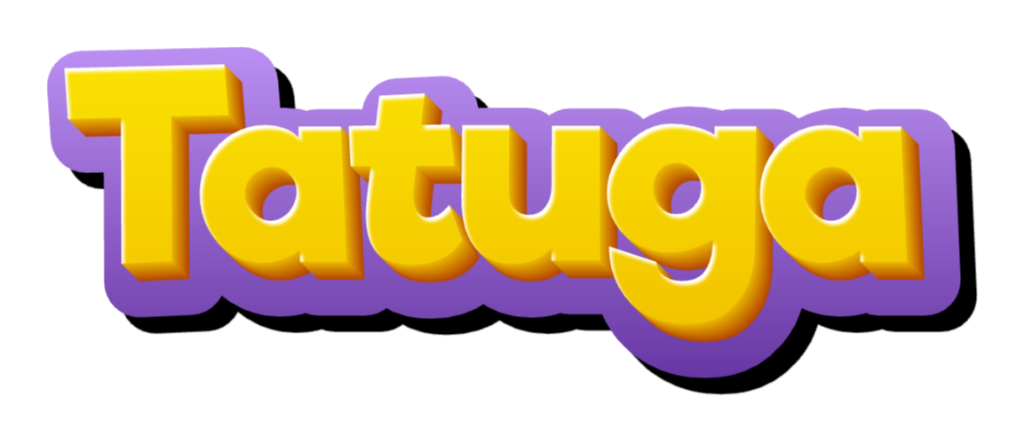In today’s rapidly evolving job market, it’s crucial to stay relevant. The demand for new skills and knowledge requires continuous learning and adaptation. Understanding the latest industry trends and embracing technological advances can keep you ahead. Additionally, networking and building professional relationships are key strategies to maintain your relevance in any field. Let’s dive into these topics to ensure you are well-prepared for the future.
Understand the Latest Industry Trends
One crucial strategy to stay relevant in today’s dynamic job market is understanding the latest industry trends. Industries evolve rapidly, and staying informed can give you a competitive edge. To start, regularly review reports and publications related to your field. Numerous industry-specific magazines and websites offer comprehensive insights into emerging trends.
Follow industry leaders and influencers on social media platforms. They often share valuable tips and trends that can keep you in the loop. Engage with these posts by commenting to expand your understanding and build visibility.
Attend relevant conferences and webinars where experts discuss future directions and innovations. These events are opportunities to ask questions and exchange ideas with peers. Enroll in free or paid online courses offered by reputable institutions. These can help you grasp complex concepts related to new trends in a structured manner.
Join industry-specific groups and forums where professionals discuss ongoing changes. Participating in these discussions enhances your knowledge and provides a community of like-minded individuals.
Upskill Continuously to Meet Job Demands
The ability to upskill continuously is essential in today’s fast-paced job market. It allows professionals to adjust to evolving roles, ensuring they remain competitive. Embracing lifelong learning helps acquire new knowledge and skills needed to fulfil various job demands effectively. Consider enrolling in online courses, workshops, or industry-specific certifications to stay updated.
Moreover, appraise your skill set periodically to identify areas for improvement. Doing so not only enhances proficiency but aids in career advancement. Employers value individuals who are self-motivated to update their capabilities regularly.
Harnessing technology as a learning tool is crucial. Utilize online platforms, webinars, and virtual courses to expand your knowledge base. These resources are often accessible and can be tailored to fit your schedule, making them an excellent choice for continuous learning.
Seek feedback from mentors or colleagues to gauge your progress effectively. Constructive feedback provides insights into strengths and areas needing enhancement. Communicate your learning goals clearly to achieve utmost support and guidance.
Networking with like-minded professionals can offer additional opportunities for learning and growth. Join industry forums or groups where you can share experiences and gain insights into current job market trends and expectations. This engagement often opens doors to new learning opportunities and potential collaborations.
Network and Build Professional Relationships
Building a strong professional network is vital in today’s ever-changing job market. Make use of social media platforms like LinkedIn to connect with industry peers. It’s essential to engage in meaningful conversations and share valuable insights. Attend industry events, webinars, and workshops to meet new contacts in person and enhance your networking skills.
Participating in professional groups or forums can provide access to job opportunities that might not be advertised publicly. Always be open to helping others in your network, as a mutual exchange of support creates a solid foundation for lasting relationships.
Have regular follow-ups with your connections. A simple email or chat message can keep the relationship alive. Don’t hesitate to step out of your comfort zone and connect with individuals in different sectors. This broadens your understanding and opens new doors.
Build trust
Trust is a cornerstone of any professional relationship. Be reliable and follow through on your commitments. Show genuine interest in your contact’s work and offer help when needed. This not only strengthens your relationship but also enhances your reputation as a dependable professional.
Adapt and Embrace Technological Advances
In an ever-evolving job market, it’s crucial to remain agile and embrace technological changes. With the rapid pace of innovations, professionals need to be adaptable. One way to ensure this is by integrating new technologies into your daily routines and workflows.
The first step is to stay informed about technological trends relevant to your field. Subscribe to industry-specific newsletters, join webinars, and participate in forums where tech advancements are discussed. This will help you understand what’s on the horizon and prepare accordingly.
Another
essential strategy
is to develop a proactive learning plan. Identify skills or tools that are gaining importance and take short online courses or tutorials to grasp them. Prioritizing tech skills like artificial intelligence or data analysis can substantially improve your adaptability.
Moreover, investing in the right tools can enhance your productivity and efficiency. Explore software and applications that can automate repetitive tasks, allowing you to focus on more strategic aspects of your job. Experiment with AI-driven platforms or chatbots to better understand how they can be implemented in your workplace.
Lastly, don’t hesitate to experiment with new technologies. Building hands-on experience will give you a practical edge. Whether it’s through beta testing new software or getting involved in tech-driven projects, practical exposure is invaluable.
Remember, staying relevant in today’s job market requires more than just awareness. Active engagement with technological advances can turn potential disruptions into opportunities for growth and innovation.

 The Future of Remote Work: Will It Last? Explore Now
The Future of Remote Work: Will It Last? Explore Now  The Rise of Digital Nomad Careers: Discover If It’s for You
The Rise of Digital Nomad Careers: Discover If It’s for You  The Most In-Demand Skills Employers Are Seeking Today
The Most In-Demand Skills Employers Are Seeking Today